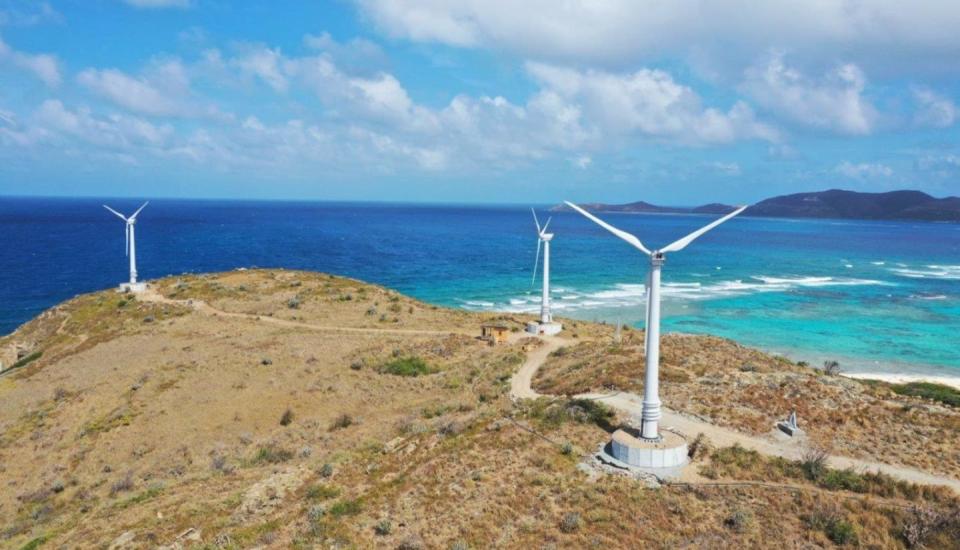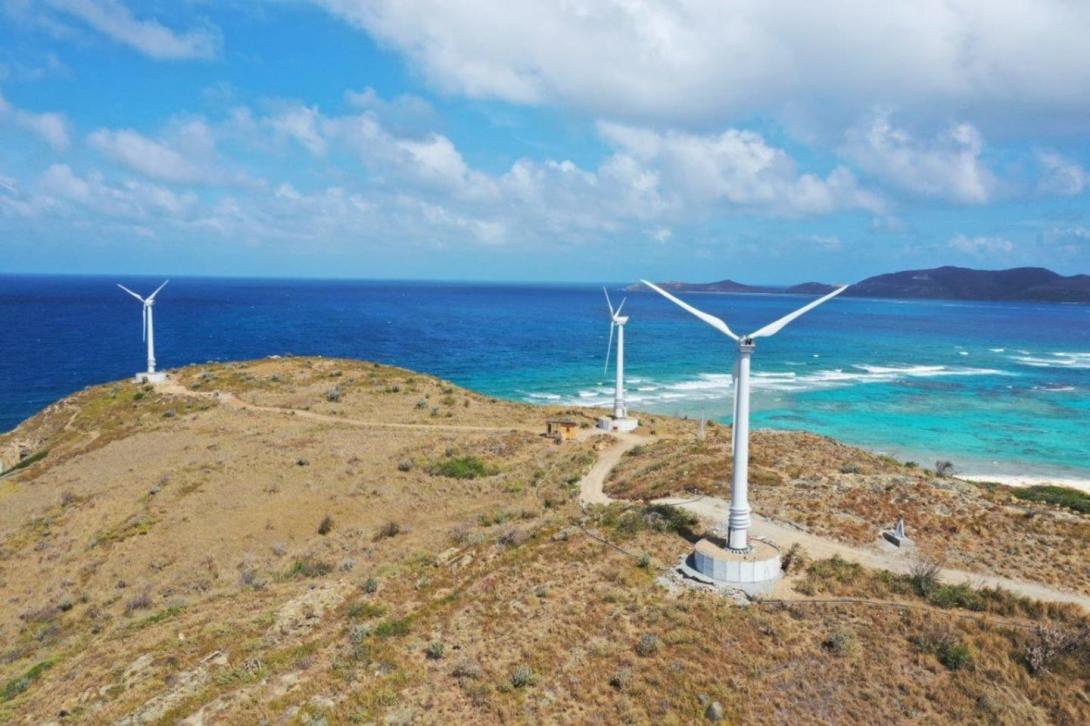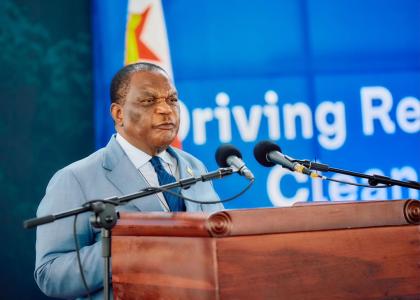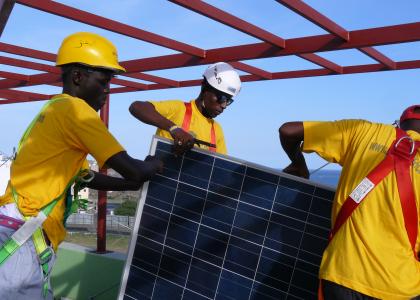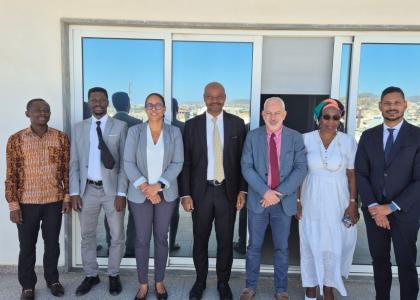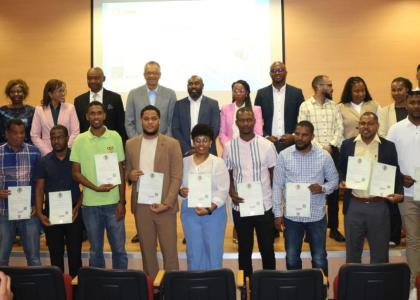Trust among Caribbean countries is necessary if their efforts to address the climate crisis and transition to green energy to be successful.
So says the Executive Director of the Caribbean Centre for Renewable Energy and Energy Efficiency (CCREEE), Dr Gary Jackson, who insists the region must unite regarding energy because adopting some green energy technologies can be expensive for one country to undertake alone. He is, therefore, making a strong case for regional countries to trust each other and work together to advance the energy transition. Dr. Jackson’s comments came as he participated in a virtual panel discussion hosted by the Central Bank of Barbados on September 6, 2023, under the theme ‘What does moving to green energy mean for us?’.
The CCREEE Executive Director added, “If you think about offshore wind and putting up a turbine that is almost 180 metres high, it will require anchoring it into the seabed, for example. To do that would take a big crane or a helicopter, and just to put that turbine in place would cost serious money. However, through regional integration, 19 million people can come together with their leadership to make the transition possible. We are not large; we are small in size, and we have to find a way to bridge that gap and build skills within the region”.
“Remember, we have 19.3 million persons in this Caribbean region, Haiti represents 11.7 million, and Haiti only has 35 per cent electricity available to people. So, this gives you serious magnitude of what we are talking about in terms of energy poverty in the region. So, we have the ability with that 19 million to come together to do a groundswell and drive the transition that we so require in this crisis,” he maintained.
Given the energy poverty in the Caribbean, he said the CCREEE remains committed to achieving its mandate of accelerating the implementation of sustainable energy across the region. One initiative to accomplish that is the CCREEE’s Integrated Resource and Resilience Plan, which seeks at the country level to expand electricity access for the future while building greater resilience and sustainability.
Meanwhile, he said that the CCREEE believes that just as there has been extensive training in solar energy in the Caribbean, greater focus must now be placed on capacity building in hydrogen, geothermal and wind energy.

